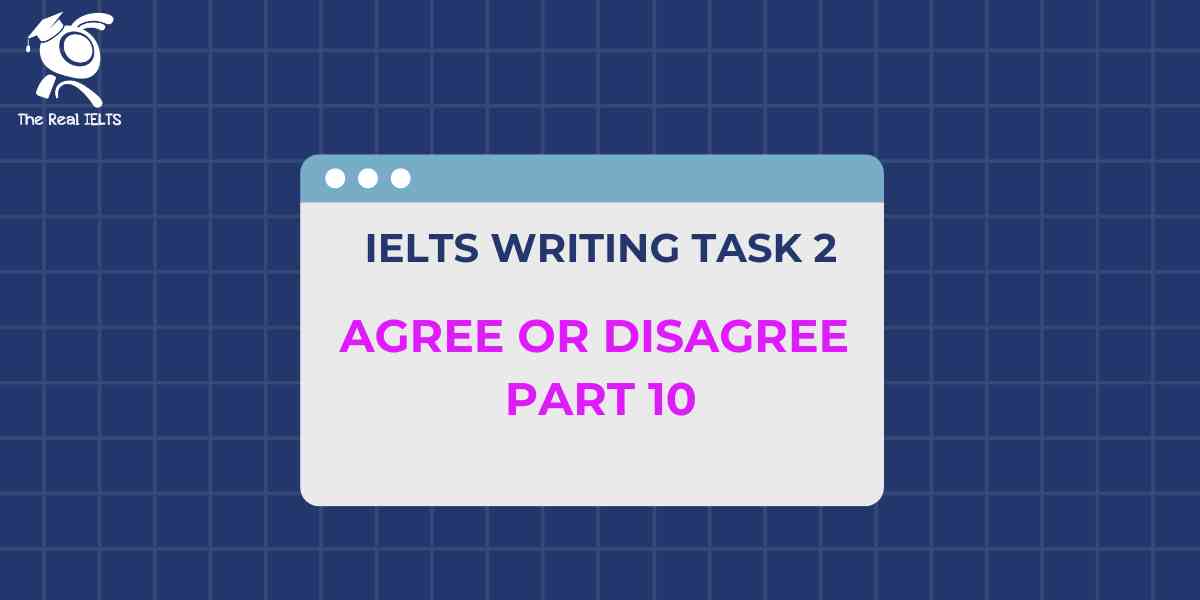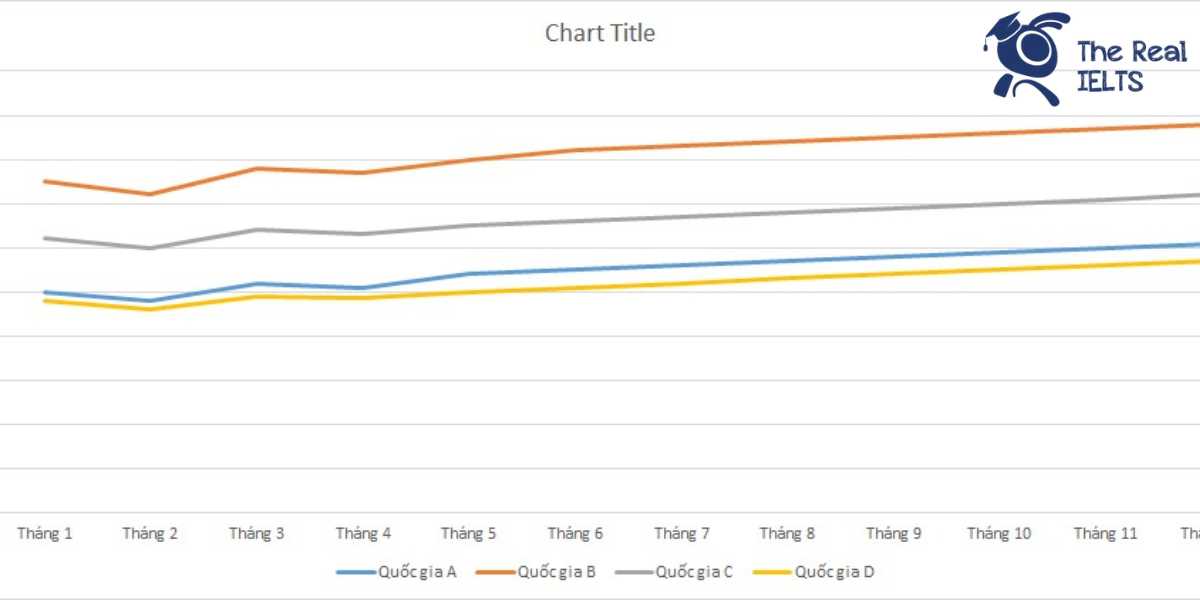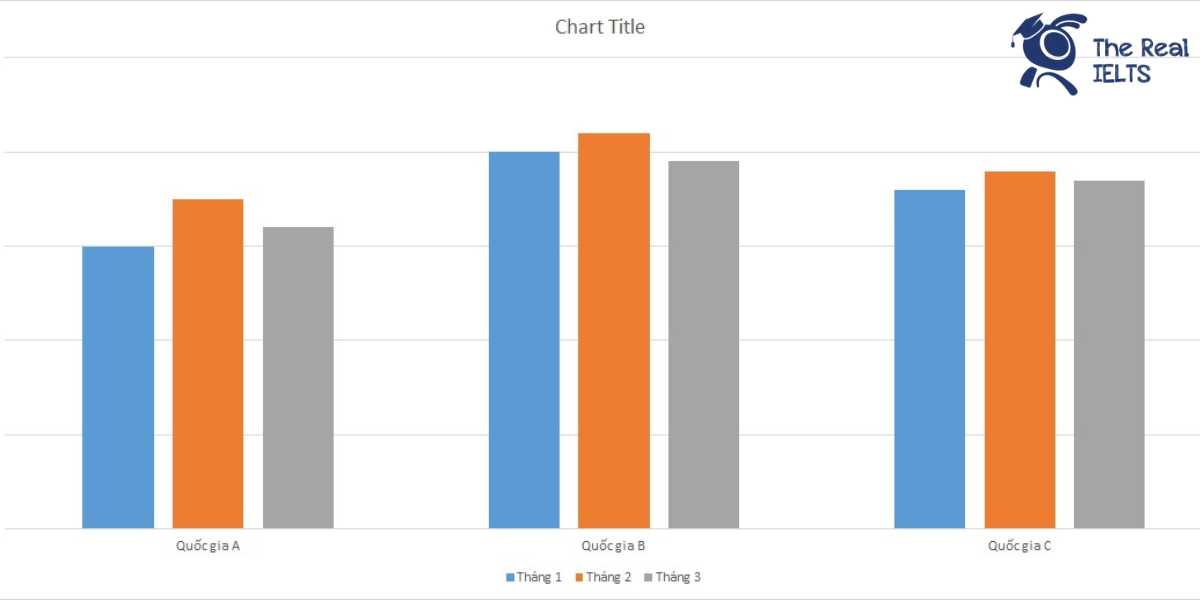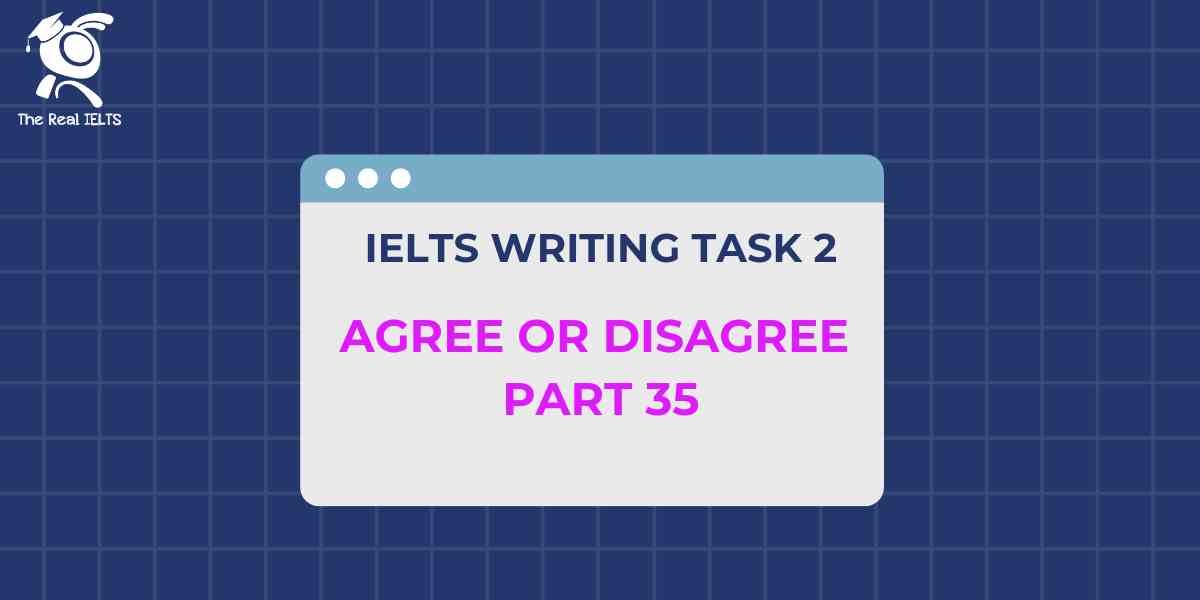Đề bài IELTS Writing Task 2 dạng Agree or Disagree Part 10:
You should spend about 40 minutes on this task
Governments should spend more money on public services than on the military. To what extent do you agree or disagree?
Write at least 250 words.
Giải mẫu IELTS Writing
In recent years, there has been a growing debate about whether governments should allocate more funding to public services rather than the military. While both sectors are crucial for a country’s stability and development, I firmly believe that public services should take precedence in government spending, though a balanced approach is necessary.
Firstly, public services such as healthcare, education, and infrastructure
are fundamental to the well-being and development of any society. Adequate funding in these areas ensures a healthy, educated, and productive population. For instance, investing in healthcare systems can improve the quality of life and increase life expectancy, thereby enabling individuals to contribute
more effectively to the economy. Similarly, funding education can lead to a more skilled workforce, driving innovation and economic growth. Improved infrastructure, such as roads, public transportation, and utilities, not only facilitates daily life but also attracts businesses and promotes economic activity.
Moreover, social stability is often enhanced through robust public services. When citizens have access to quality healthcare, education, and social safety nets, the likelihood of social unrest diminishes. People are less likely to resort to crime or protest when their basic needs are met, thus fostering a more stable and harmonious society.
On the other hand, the importance of a well-funded military cannot be entirely dismissed. National security is paramount, and a strong military is essential for protecting a nation’s sovereignty and deterring potential threats. However, excessive military spending can divert resources away from essential public services, leading to neglect in areas that directly impact citizens’ daily lives. For example, countries that prioritize military spending over public welfare often experience higher poverty rates and lower standards of living.
A balanced approach is, therefore, necessary. Governments should allocate sufficient resources to maintain a capable and efficient military while ensuring that public services are not underfunded. This balance can be achieved through strategic budgeting and prioritizing expenditures that offer the most significant benefits to society.
In conclusion, while the military is crucial for national security, I strongly agree that governments should prioritize spending on public services. A healthy, educated, and well-supported population is the foundation of a prosperous nation. By striking a balance between military and public service funding, governments can ensure both security and the well-being of their citizens, leading to overall national stability and growth.
- Growing debate – Tranh luận ngày càng gia tăng
- Allocate – Phân bổ
- Funding – Kinh phí
- Public services – Dịch vụ công cộng
- Military – Quân đội
- Precedence – Sự ưu tiên
- Spending – Chi tiêu
- Healthcare – Chăm sóc sức khỏe
- Education – Giáo dục
- Infrastructure – Cơ sở hạ tầng
- Well-being – Sự hạnh phúc, sự thịnh vượng
- Development – Phát triển
- Ensures – Đảm bảo
- Quality of life – Chất lượng cuộc sống
- Life expectancy – Tuổi thọ
- Economy – Nền kinh tế
- Skilled workforce – Lực lượng lao động có kỹ năng
- Driving innovation – Thúc đẩy sự đổi mới
- Economic growth – Tăng trưởng kinh tế
- Utilities – Tiện ích
- Attracts businesses – Thu hút doanh nghiệp
- Promotes economic activity – Thúc đẩy hoạt động kinh tế
- Social stability – Ổn định xã hội
- Access to – Tiếp cận với
- Quality healthcare – Chăm sóc sức khỏe chất lượng
- Social safety nets – Mạng lưới an sinh xã hội
- Likelihood – Khả năng
- Social unrest – Bất ổn xã hội
- Citizens’ daily lives – Cuộc sống hàng ngày của người dân
- Well-funded military – Quân đội được tài trợ tốt
- National security – An ninh quốc gia
- Sovereignty – Chủ quyền
- Deterring potential threats – Ngăn chặn các mối đe dọa tiềm tàng
- Excessive military spending – Chi tiêu quân sự quá mức
- Neglect – Sự lơ là, bỏ bê
- Public welfare – Phúc lợi công cộng
- Poverty rates – Tỷ lệ nghèo
- Standards of living – Mức sống
- Balanced approach – Cách tiếp cận cân bằng
- Strategic budgeting – Lập ngân sách chiến lược
- Prioritizing expenditures – Ưu tiên chi tiêu
- Significant benefits – Lợi ích đáng kể
- National stability – Ổn định quốc gia
- Growth – Sự tăng trưởng
Cấu trúc ngữ pháp và cấu trúc câu
Cấu trúc câu và cấu trúc ngữ pháp trong bài essay:
- Câu phức (Complex sentences):
- “In recent years, there has been a growing debate about whether governments should allocate more funding to public services rather than the military.”
- “While both sectors are crucial for a country’s stability and development, I firmly believe that public services should take precedence in government spending, though a balanced approach is necessary.”
- “For instance, investing in healthcare systems can improve the quality of life and increase life expectancy, thereby enabling individuals to contribute more effectively to the economy.”
- “Similarly, funding education can lead to a more skilled workforce, driving innovation and economic growth.”
- “When citizens have access to quality healthcare, education, and social safety nets, the likelihood of social unrest diminishes.”
- “However, excessive military spending can divert resources away from essential public services, leading to neglect in areas that directly impact citizens’ daily lives.”
- “For example, countries that prioritize military spending over public welfare often experience higher poverty rates and lower standards of living.”
- Câu ghép (Compound sentences):
- “Moreover, social stability is often enhanced through robust public services.”
- “People are less likely to resort to crime or protest when their basic needs are met, thus fostering a more stable and harmonious society.”
- “Governments should allocate sufficient resources to maintain a capable and efficient military while ensuring that public services are not underfunded.”
- “A healthy, educated, and well-supported population is the foundation of a prosperous nation.”
- Câu đơn (Simple sentences):
- “A balanced approach is, therefore, necessary.”
- “This balance can be achieved through strategic budgeting and prioritizing expenditures that offer the most significant benefits to society.”
Từ kết nối (Transitional words) các câu và các đoạn:
- Introduction:
- “In recent years”
- “While”
- Body Paragraph 1:
- “Firstly”
- “For instance”
- “Similarly”
- “Moreover”
- Body Paragraph 2:
- “On the other hand”
- “However”
- “For example”
- Conclusion:
- “A balanced approach is, therefore, necessary.”
- “In conclusion”
- “By striking a balance”
Những từ kết nối này giúp cho bài viết trở nên mạch lạc và logic hơn, giúp người đọc dễ dàng theo dõi các luận điểm và luận cứ trong bài.
Các từ vựng tiếng Anh cần lưu ý trong bài viết
- Growing debate – Tranh luận ngày càng gia tăng
- Allocate – Phân bổ
- Funding – Kinh phí
- Public services – Dịch vụ công cộng
- Military – Quân đội
- Precedence – Sự ưu tiên
- Spending – Chi tiêu
- Healthcare – Chăm sóc sức khỏe
- Education – Giáo dục
- Infrastructure – Cơ sở hạ tầng
- Well-being – Sự hạnh phúc, sự thịnh vượng
- Development – Phát triển
- Ensures – Đảm bảo
- Quality of life – Chất lượng cuộc sống
- Life expectancy – Tuổi thọ
- Economy – Nền kinh tế
- Skilled workforce – Lực lượng lao động có kỹ năng
- Driving innovation – Thúc đẩy sự đổi mới
- Economic growth – Tăng trưởng kinh tế
- Utilities – Tiện ích
- Attracts businesses – Thu hút doanh nghiệp
- Promotes economic activity – Thúc đẩy hoạt động kinh tế
- Social stability – Ổn định xã hội
- Access to – Tiếp cận với
- Quality healthcare – Chăm sóc sức khỏe chất lượng
- Social safety nets – Mạng lưới an sinh xã hội
- Likelihood – Khả năng
- Social unrest – Bất ổn xã hội
- Citizens’ daily lives – Cuộc sống hàng ngày của người dân
- Well-funded military – Quân đội được tài trợ tốt
- National security – An ninh quốc gia
- Sovereignty – Chủ quyền
- Deterring potential threats – Ngăn chặn các mối đe dọa tiềm tàng
- Excessive military spending – Chi tiêu quân sự quá mức
- Neglect – Sự lơ là, bỏ bê
- Public welfare – Phúc lợi công cộng
- Poverty rates – Tỷ lệ nghèo
- Standards of living – Mức sống
- Balanced approach – Cách tiếp cận cân bằng
- Strategic budgeting – Lập ngân sách chiến lược
- Prioritizing expenditures – Ưu tiên chi tiêu
- Significant benefits – Lợi ích đáng kể
- National stability – Ổn định quốc gia
- Growth – Sự tăng trưởng
Đọc thêm các bài Luyện Thi IELTS khác trong link nhé.















